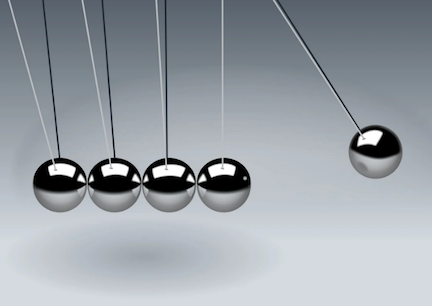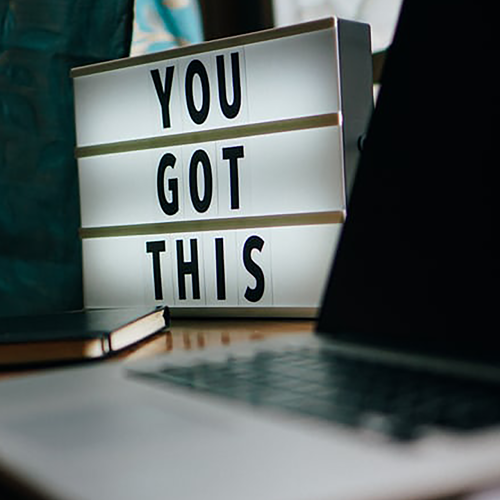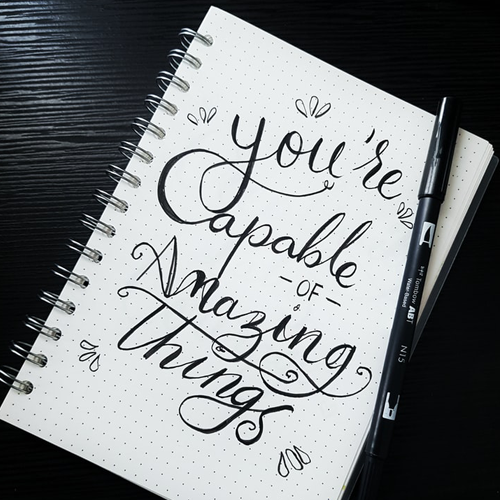Most of this post was pulled from an article I wrote over 20 years ago for the LA Weekly, in which I interviewed Brian Tracy.
What’s the difference between high performers and low performers? Brian
Tracy, international motivational public speaker and self-development author, has an answer: “High performers procrastinate on low-value tasks and low performers procrastinate on high-value tasks.” The difference is conscious versus unconscious procrastination. With conscious procrastination, you consciously decide what you’re going to procrastinate on. With unconscious procrastination, you unconsciously end up procrastinating on the most important things.
“Never give into the temptation to clear up small things first,”
warns Tracy. “Because small things are like rabbits in the summer — they
multiply. If you start with small things, you’ll still have a long list of
small things to do, and your big tasks will still be sitting there, untouched.
You get back into balance by starting and completing your most important tasks first, and you get out of balance by spending too much time on low value tasks.”
Often we procrastinate when we’re not sure which task we’re supposed to be doing at a given time. A good way to prevent that scenario is to plan how you will spend your time — in the next a week, let’s say — in advance. “The
rule is that every minute spent in planning saves 10 minutes in
execution,” says Tracy. “So your payoff is 1,000%. There’s nothing
that will pay you back more than simply disciplining yourself to plan before
you start.” But he also warns that once you complete your plan, act
immediately. Over-planning is a very popular activity people use to — you
guessed it — procrastinate.
So go ahead, make a plan. Although at first it might feel like you’re
wasting precious time to make the plan, the time you spend planning will
actually save you lots of time in the long run. And it will get you on the
right track as well.
From www.blog-logic.com




